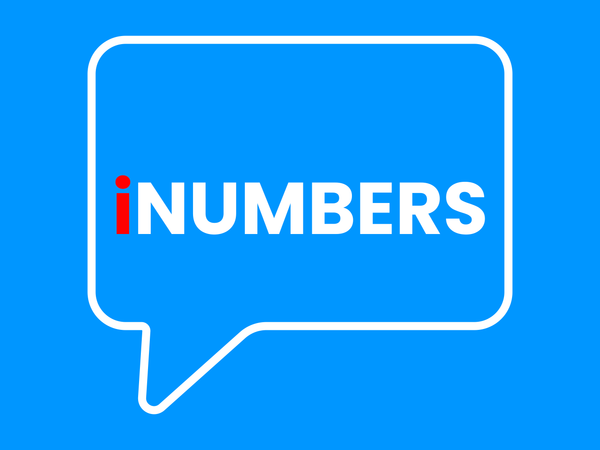Understanding phone scams
Understanding Phone Scams
Scammers often make unsolicited calls, posing as representatives from trusted organisations such as your mobile network provider, bank, HMRC or the police.
These calls can be either automated or made by a real person. The caller will be friendly and may ask for personal information, such as your banking details - or urge you to transfer money urgently.
Reporting To ActionFraud
If you’ve lost money or believe your personal information has been compromised after responding to a phishing call, it’s important to report it:
In England, Norther Ireland or Wales visit www.actionfraud.police.uk or call 0300 123 2040.
In Scotland: Contact Police Scotland by calling 101.
Many phone providers offer tools to help protect you from scam and nuisance calls. These may include:
Caller display– see who’s calling before you answer
Incoming call blocking – block unwanted numbers
Anonymous call rejection – block calls from hidden numbers
Its always best to just hang up on a caller if you suspect that something isn't quite right. You can also search the number online and check websites such as whoscalled and see if others have reported the number first.
These websites allow users to comment on suspicious numbers and, should the number be persistent, will build up a database of user knowledge of, and find out who's been calling?
These websites will protect a growing user-base, who come here each day to check phone numbers and their legitimacy.
However, when making a comment, please do so by not using any offensive language.
Other sites will include:
